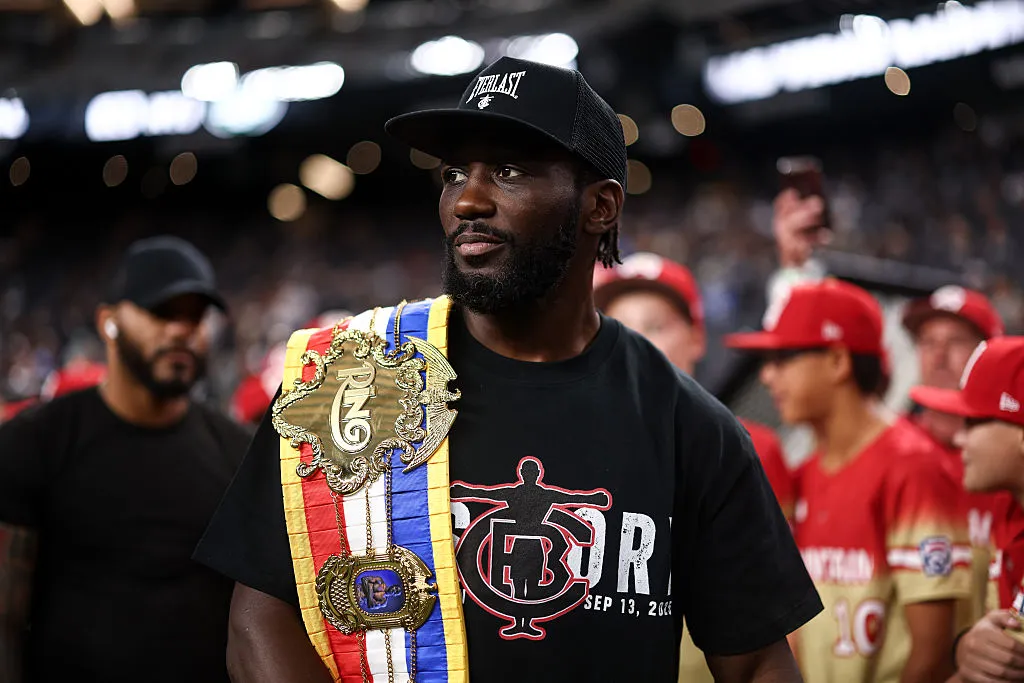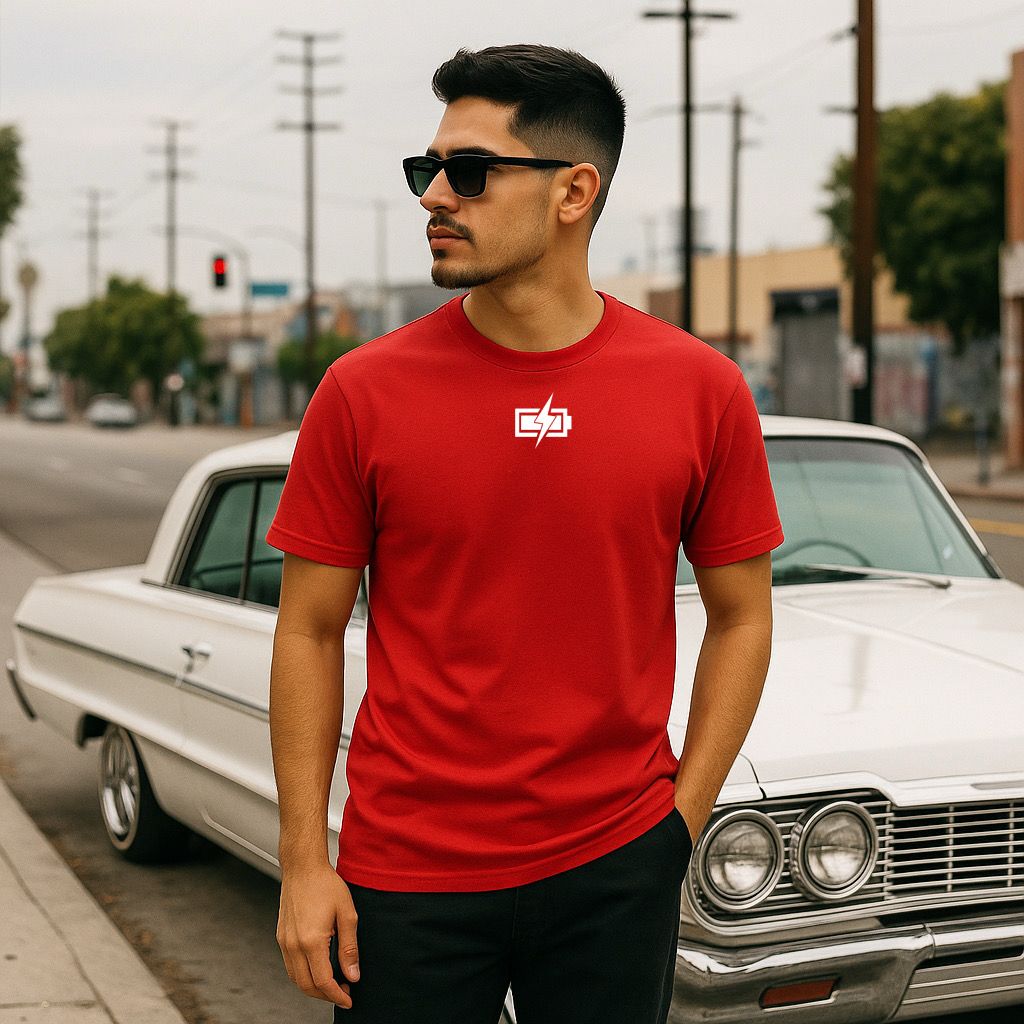When Triumph Turns Tense: Terence Crawford’s Victory Parade Ends With Omaha Police Stop
 When Triumph Turns Tense: Terence Crawford’s Victory Parade Ends With Omaha Police Stop
When Triumph Turns Tense: Terence Crawford’s Victory Parade Ends With Omaha Police Stop
Late on the night of September 27–28, 2025, Omaha’s celebration of hometown hero Terence “Bud” Crawford took a dramatic turn. After a parade to honor his unanimous decision victory over Canelo Alvarez, Crawford and his entourage found themselves in a traffic stop that would spark national headlines.
The Scene That Shifted the Mood
Around 1:30 a.m., Omaha police officers pulled over a vehicle they deemed to be driving recklessly in the downtown area. An officer reportedly saw a firearm on the driver’s side floorboard. At that moment, all occupants were ordered out of the car at gunpoint.
When the driver’s license was checked, it was confirmed that the driver was none other than Terence Crawford. He and three others in the vehicle were issued a citation for reckless driving but were released without criminal charges.
Legitimacy of the Firearms and Legal Implications
Omaha law enforcement later confirmed that all occupants of the vehicle, including a member of Crawford’s security detail, were legally permitted to carry firearms. The presence of a firearm likely escalated what might otherwise have been a routine traffic stop.
Still, many questions remain: Was the stop justified? Was the use of force (pointing a gun at all occupants) proportionate to the situation? Will the internal review of police actions hold officers accountable, or will questions of fairness and transparency linger?
Reactions From City Leaders and Law Enforcement
The incident drew swift reactions. Omaha’s Police Chief Todd Schmaderer announced an internal affairs investigation. Mayor John Ewing expressed concern over how the events unfolded, emphasizing the need for trust between the community and law enforcement. He noted that Omaha would seek full transparency in the review process.
Mayor Ewing said in a public post that he personally spoke with Crawford about what happened. He acknowledged the contrast between a day meant for celebration and the sudden shift to a tense confrontation.
The Bigger Picture: Celebrity, Safety, and Policing
For many, the Crawford incident underscores broader tensions in how law enforcement handles traffic stops — especially those involving public figures, firearms, and community emotions. Even when individuals have legal rights (such as carrying a weapon), the policing context matters deeply.
This event comes at a moment when police conduct is under intense scrutiny nationwide. Whether due to racial bias, use-of-force policies, or internal accountability systems, every high-profile stop invites analysis and debate.
Terence Crawford is no stranger to the spotlight. His victory over Canelo added a historic chapter to his legacy. The parade held hours earlier was intended as a celebratory moment for Omaha—but the abrupt police stop complicated what should have been a purely triumphant evening.
What Comes Next?
- The internal affairs review will be closely watched by the public and by media outlets.
- Omaha city officials must balance support for law enforcement with demands for community trust and transparency.
- Crawford’s team may eventually respond publicly, though as of now he has declined to comment.
- The incident may become a case study in how to police traffic stops in the context of high-profile individuals and armed civilians.



